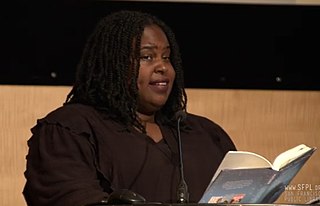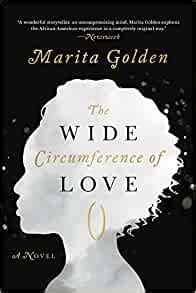A Quote by Eula Biss
My mother wrote poetry when I was young - I have an early memory of the sound of her typewriter - and my father told me inventive bedtime stories.
Related Quotes
That's one of those questions that would just love to have a pat answer. You know, poetry's job is to make us feel good. Poetry exists to allow us to express our innermost feelings. There isn't one role for poetry in society. There are many roles for poetry. I wrote a poem to seduce my wife. I wrote a poem when I asked her to marry me. Poetry got me laid. Poetry got me married.
Her [Eleanor Roosevelt] father was the love of her life. Her father always made her feel wanted, made her feel loved, where her mother made her feel, you know, unloved, judged harshly, never up to par. And she was her father's favorite, and her mother's unfavorite. So her father was the man that she went to for comfort in her imaginings.
Sometimes he would advise me to read poetry, and would send me in his letters quantities of verses and whole poems, which he wrote from memory. 'Read poetry,' he wrote: 'poetry makes men better.' How often, in my later life, I realized the truth of this remark of his! Read poetry: it makes men better.
The earliest influence on me was the movies of the thirties when I was growing up. Those were stories. If you look at them now, you see the development of character and the twists of plot; but essentially they told stories. My mother didn't go to the movies because of a religious promise she made early in her life, and I used to go to movies and come home and tell her the plots of those old Warner Brothers/James Cagney movies, the old romantic love stories. Through these movies that had real characters, I absorbed drama, sense of pacing, and plot.
I have a lot of my mother in me, but I was just born with the same parts as my father. I don't sound like him. I mean, I can do an impression of him right now, and I do not sound like him. I sound like me. My sense of rhythm I learned from my mother. My melodies, I think sometimes, I get from my mother.
I must say a few words about memory. It is full of holes. If you were to lay it out upon a table, it would resemble a scrap of lace. I am a lover of history . . . [but] history has one flaw. It is a subjective art, no less so than poetry or music. . . . The historian writes a truth. The memoirist writes a truth. The novelist writes a truth. And so on. My mother, we both know, wrote a truth in The 19th Wife– a truth that corresponded to her memory and desires. It is not the truth, certainly not. But a truth, yes . . . Her book is a fact. It remains so, even if it is snowflaked with holes.
My mother told me I said to her, at age three, 'I'm going to go to Italy and get my father in a tractor.' 'You've never seen quite so fierce a little boy as you were,' she told me. She tried to explain that I couldn't get my father in a tractor. Apparently I looked at her and narrowed my eyes and said, 'In that case, I'm going in a double-decker bus,' and stomped off. Which is kind of funny, but it's very sad, as well.




































